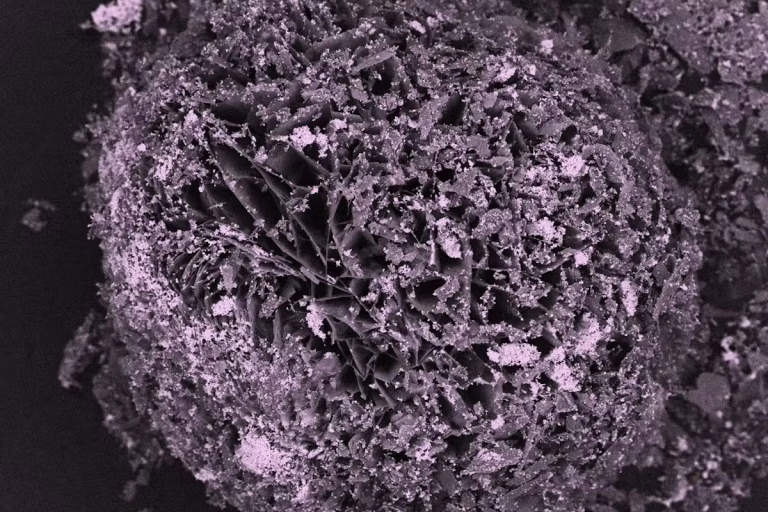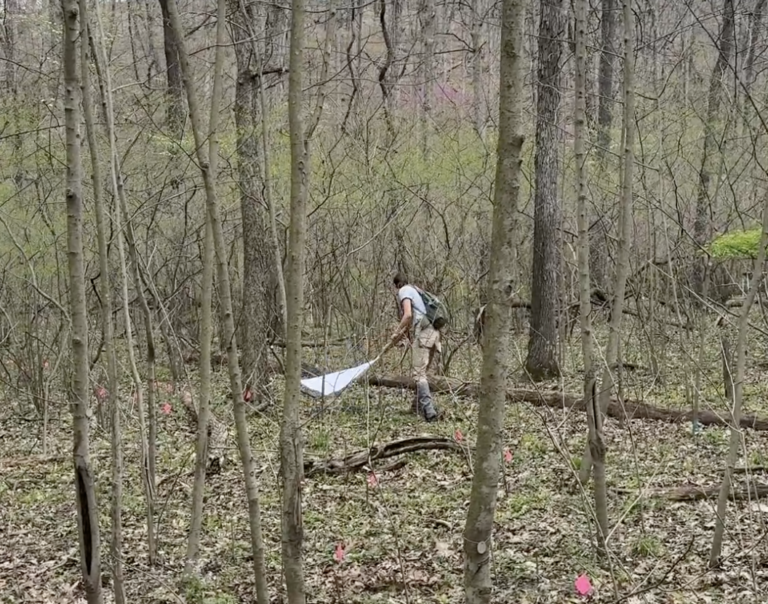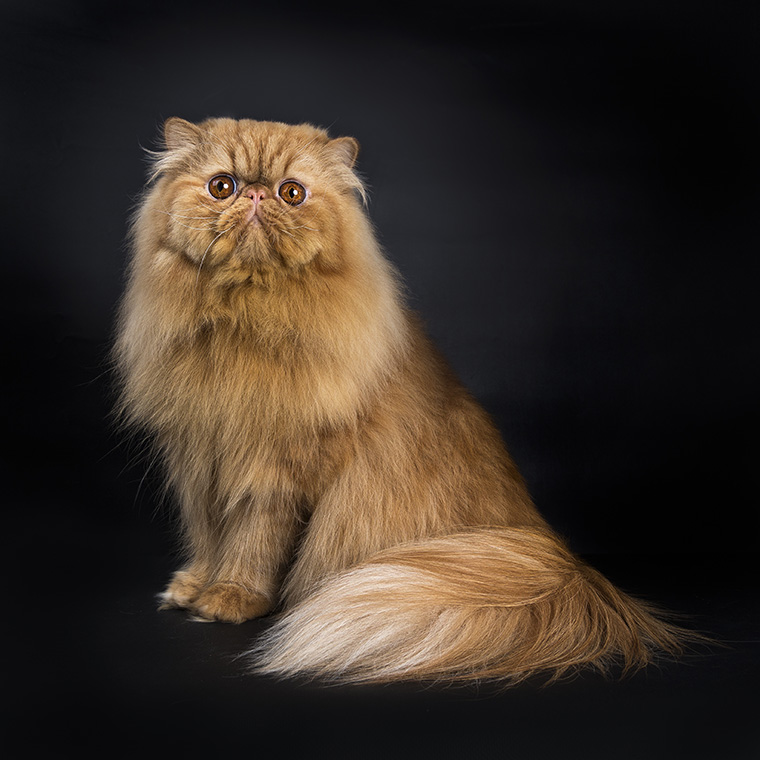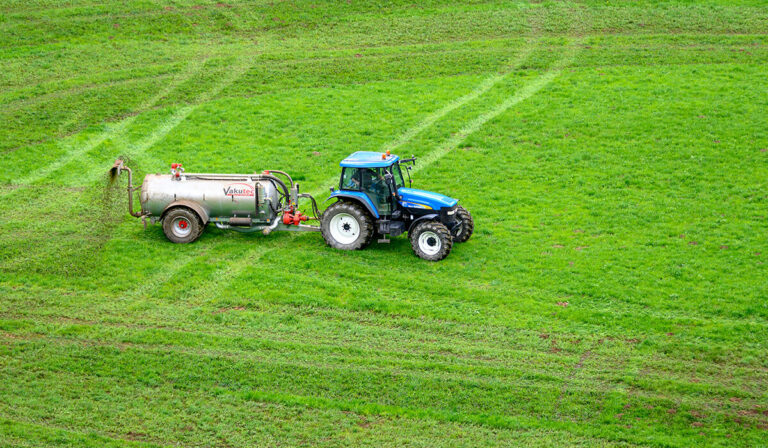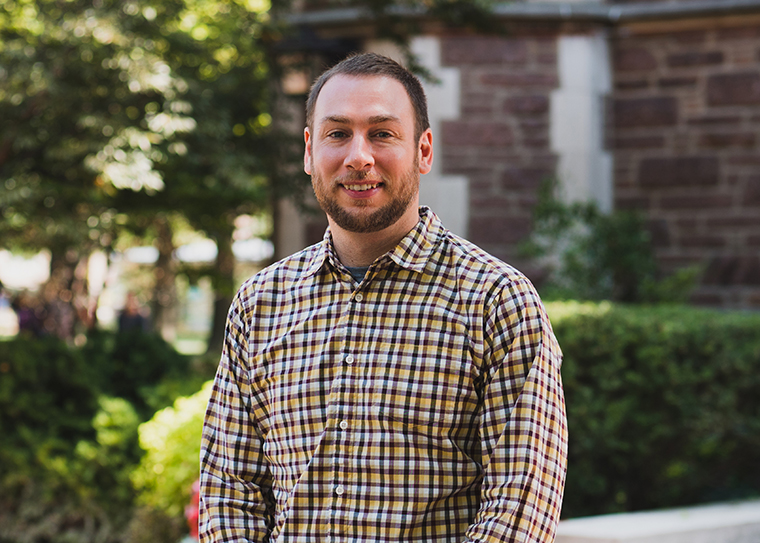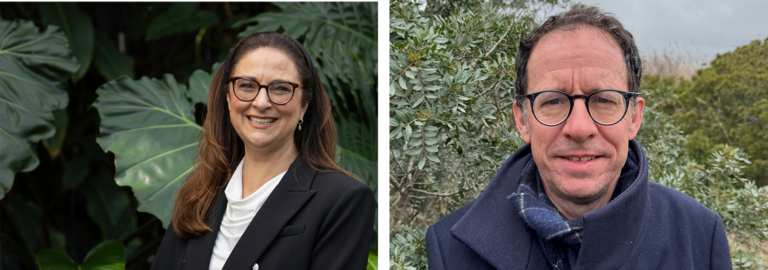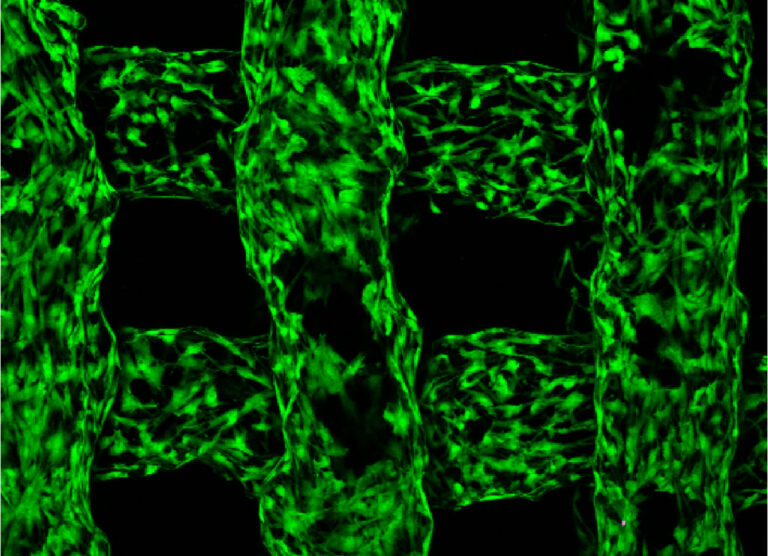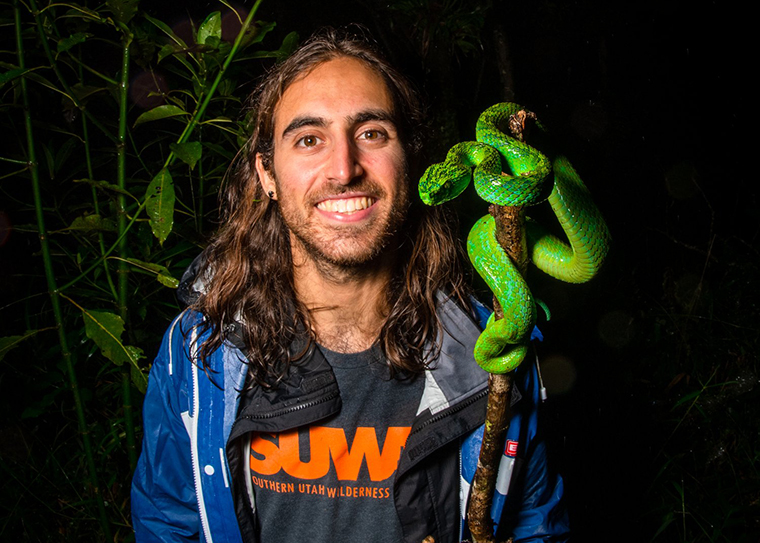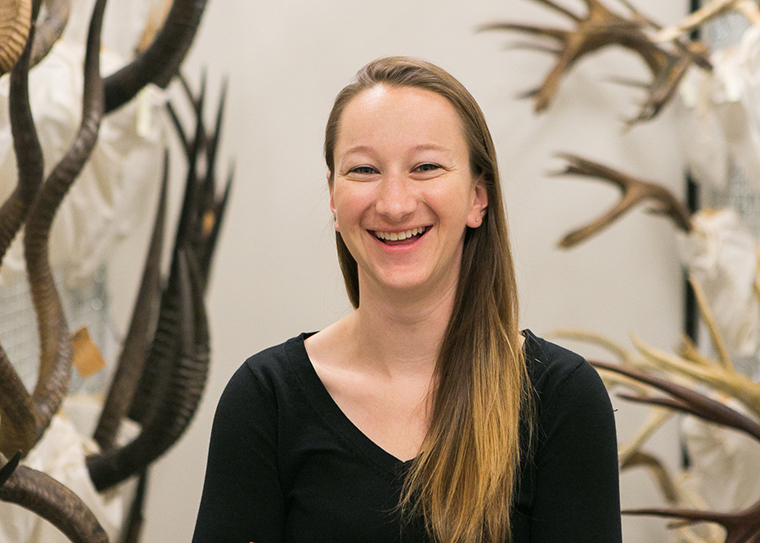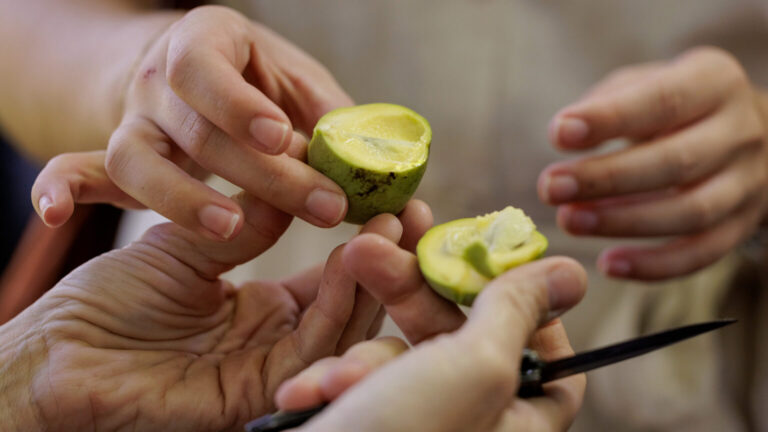New nucleation to advance climate resilience and clean energy technologies
A new study led by researchers at Washington University in St. Louis investigates an innovative method for capturing carbon dioxide (CO₂) while recovering nickel (Ni), a critical metal for clean energy technologies.
Meet the undergrad who discovered St. Louis County’s first longhorned tick
Undergraduate researcher Sam Ko has been studying ticks for the last year of her college career. Her legacy will be confirming the arrival of a tiny invasive species raising big concerns.
Copycat evolution
Research reveals convergent evolution between domesticated species, a phenomenon that has received little previous attention
Inactive components in agricultural runoff could contribute to drinking water hazards
Researchers find ingredients in herbicides may be precursors to harmful contaminants in drinking water
Tropical bounty: How forests can turn into chemical factories
A new study led by researchers at Washington University in St. Louis and the Missouri Botanical Garden has uncovered a surprising layer of diversity in tropical forests.
World-renowned experts in tropical plant biodiversity join WashU, Missouri Botanical Garden
Building on a long history of successful collaboration, Washington University in St. Louis and the Missouri Botanical Garden are welcoming two internationally recognized botanists who will have joint appointments with both research institutions.
For success in bioelectronics, build with nature-inspired design
A team at Washington University in St. Louis is using 3D printing to create bioelectronic scaffolds that would allow researchers to create new tissue with a host of potential applications.
Helping herps in Central America
WashU grad student working to conserve endangered reptiles, amphibians in Honduras
Coyote genes may show urban evolution at work
A new study outlines the ways by which city life may be shaping the evolution of urban coyotes, the highly adaptable carnivores spotted in alleyways from Berkeley, Calif., to the Bronx, in New York.
Nothin’ but pawpaws in the pawpaw patch
Pawpaw fruits — the largest native fruits in North America — have become popular among foragers and foodies alike, with their custard-like texture and a sweet flavor often described as a cross between a mango and a banana.
